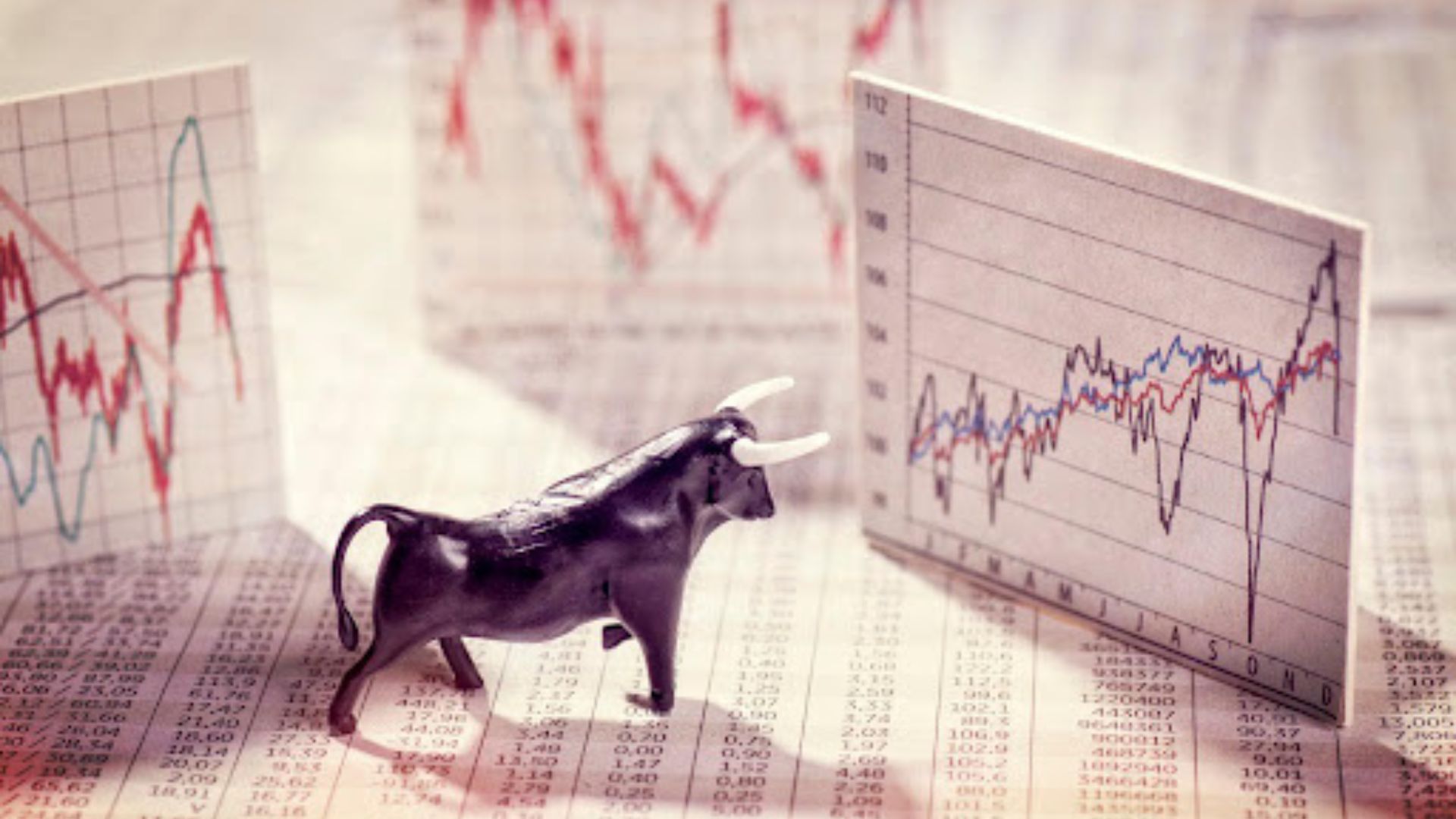The rising popularity of digital currencies has attracted the eyes of financial regulators and governments worldwide. With the widespread adoption of cryptocurrencies, almost every country is currently introducing some form of regulation to this nascent yet burgeoning industry. Amidst the tightening financial regulations and increased scrutiny, the majority of the population finds it difficult to enter the crypto ecosystem. And those that are already a part of the crypto landscape are confused about the future.
Both centralized exchanges (CEXs) and decentralized exchanges (DEXs) have played critical roles in helping the crypto industry improve approachability and gain more widespread attention. By enabling users to buy, sell, trade cryptocurrencies and several other decentralized finance (DeFi) products, they’ve effectively constructed an accessibility onramp. Yet, these institutions already have encountered serious hurdles, which have increased dramatically of late due to the regulatory policies being implemented by governments worldwide.
Both CEXs and DEXs are constantly finding themselves on the wrong side of regulators. As a result, several prominent exchanges have stopped offering certain products and services or have completely shuttered operations in several jurisdictions. For instance, the recent string of warnings, notices, and bans issued for Binance, one of the largest crypto exchanges, is a resounding reminder that governments are serious about regulating the crypto industry.
Binance has already been warned about non-compliance by several countries, including the United Kingdom, United States, Canada, Japan, and Thailand. Earlier this month, Binance made headlines again after receiving notice from the Monetary Authority of Singapore (MAS). Following this update, Binance will stop offering SGD trading pairs and SGD payment options in Singapore from September 10th onwards.
Another instance highlighting the increased scrutiny on cryptocurrencies is Uniswap’s recent get-together with the Securities and Exchange Commission (SEC). As a decentralized exchange, Uniswap offers a slew of services other than trading, including access to a range of decentralized finance (DeFi) products. Per sources, the SEC is speaking with the development team behind Uniswap to understand better how DeFi works and what aspects shall fall under SEC’s authority.
With the crypto ecosystem expanding at an unprecedented rate, the future of crypto exchanges appears ridden with obstacles. In a speech at the Aspen Security Forum, Gary Gensler, the new Chairman of the SEC, compared the crypto ecosystem to the “Wild West.” He underlined that the crypto ecosystem needs regulations and that the SEC will use its full suite of tools to build the necessary rules to protect users and ensure that exchanges aren’t leveraging regulatory loopholes.
The Chairman of the SEC further clarified that the SEC is keen to improve its understanding of DeFi and introduce new regulations to govern the diverse market. All of this indicates that financial oversight will grow more stringent in the coming days and months, making it more difficult for both users and exchanges to navigate the market.
Innovative Decentralized Solutions To Help Lower Crypto’s Entry Barriers
The introduction of new regulations for cryptocurrencies will impact not only service providers but also users. As a result of more stringent regulations, exchanges will have to be fully compliant with country and state-specific guidelines. To achieve this, both CEXs and DEXs will have to tighten their KYC, AML, and other verification processes, which will lead to increased difficulties for users.
This is where decentralized liquidity aggregators save the day. Not only do these platforms provide users with direct access to the crypto and DeFi ecosystems, but they also overcome the existing problems of CEXs and DEXs.
Orion Protocol is the world’s first advanced liquidity aggregator that aggregates the liquidity of every single crypto exchange, both centralized and decentralized, as well as swap pools into a single platform.
It enables users to access the entire crypto market from a single account, thus removing the need to undergo several KYC verification processes or signing up for various accounts across exchanges. Through its Orion Terminal, the platform allows its users to seamlessly trade on prominent exchanges like Binance and KuCoin without any geographical restrictions.
RocketX by Rocket Vault is another promising project that aims to establish itself as the first global liquidity aggregator that supports cross-chain swaps. The platform aims to simplify trading by providing users with one-click access to liquidity aggregated from centralized and decentralized exchanges. With this platform, users don’t need to go through the hassle of creating multiple wallets across chains, as they can trade any tokens from any wallet on any chain as per their preferences.
Per Kiran Mannam, the Founder and CEO of Rocket Vault, “The SEC has recently mentioned that the DEXs like Uniswap are too big to be out of the system. This is one of the reasons why I believe it is the right time for aggregation. Aggregators like RocketX rescue DEXs like Uniswap with its CeDeFi features, thereby becoming the gateway for DEXs to give the same user experience and convenience while also handling the KYC/AML part to be compliant. RocketX gives the best of both worlds to the users and is going to be the future of trading.”
Platforms like RocketX and Orion Protocol are decentralized, meaning users retain complete control over their private keys. Furthermore, these platforms enable users to access the entire crypto market from a single interface, making it easy for everyone to enter the crypto universe, and in turn, bolstering the potential for more widespread adoption.
Disclaimer: This article is provided for informational purposes only. It is not offered or intended to be used as legal, tax, investment, financial, or other advice.













